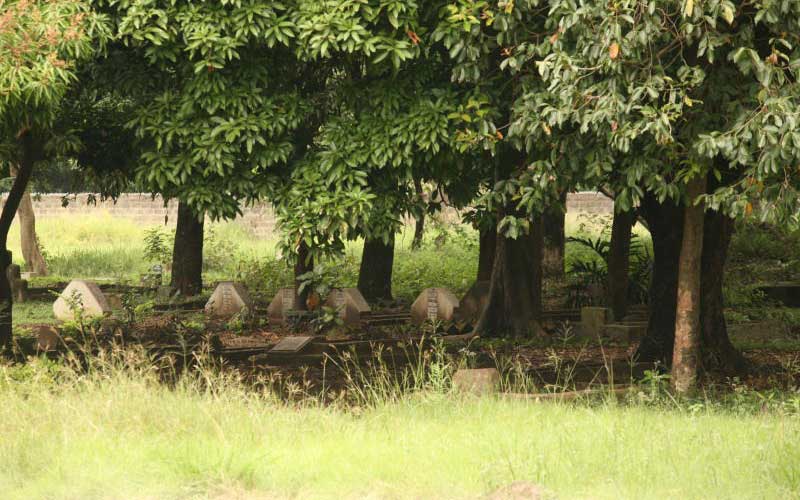×
The Standard e-Paper
Home To Bold Columnists

One of the cemeteries that the county government had planned to turn into a recreational park. [Denish Ochieng, Standard]
Kisumu Governor Anyang' Ny'ong'o allayed fears that cemeteries that have stood near the shores of Lake Victoria for decades would be turned into a public park.